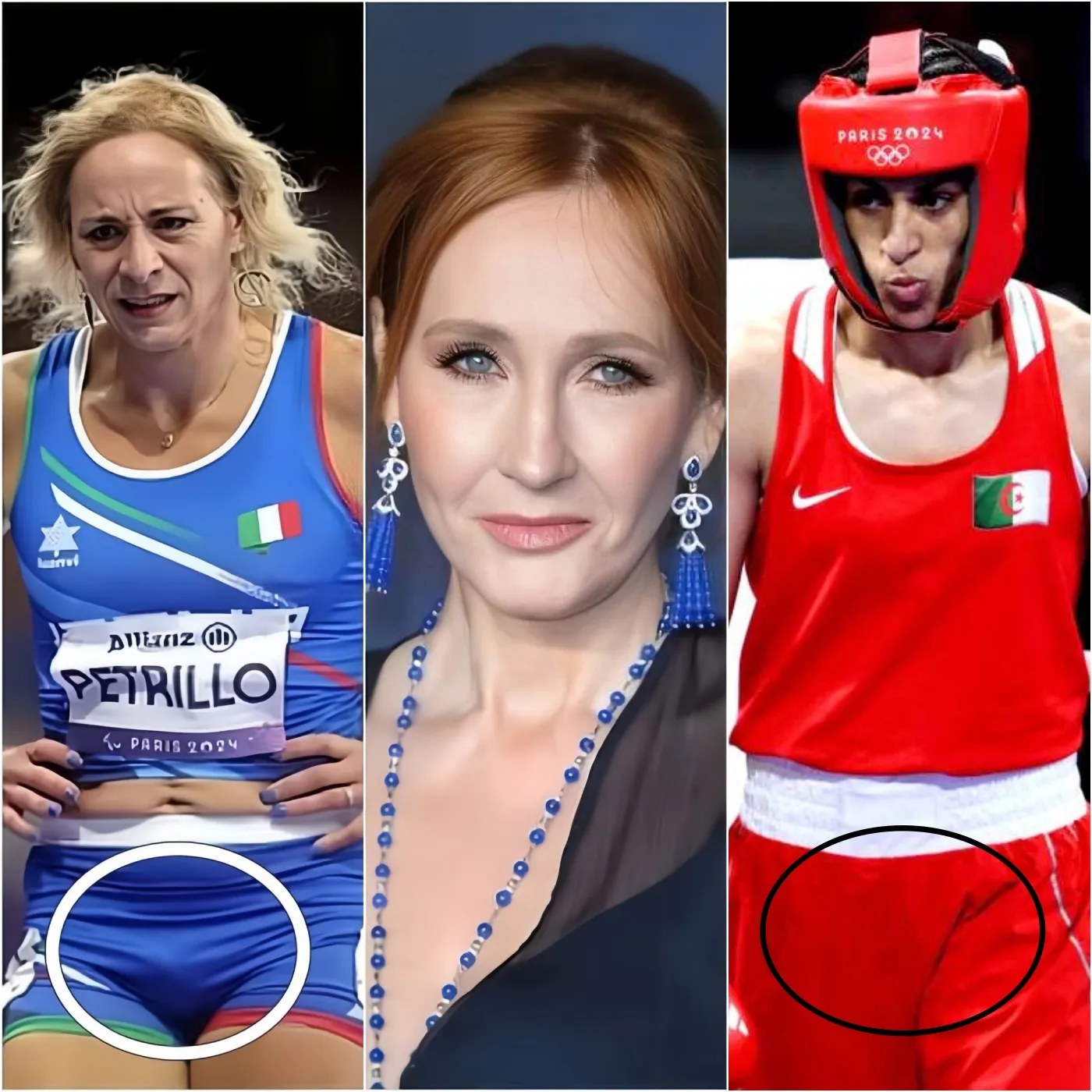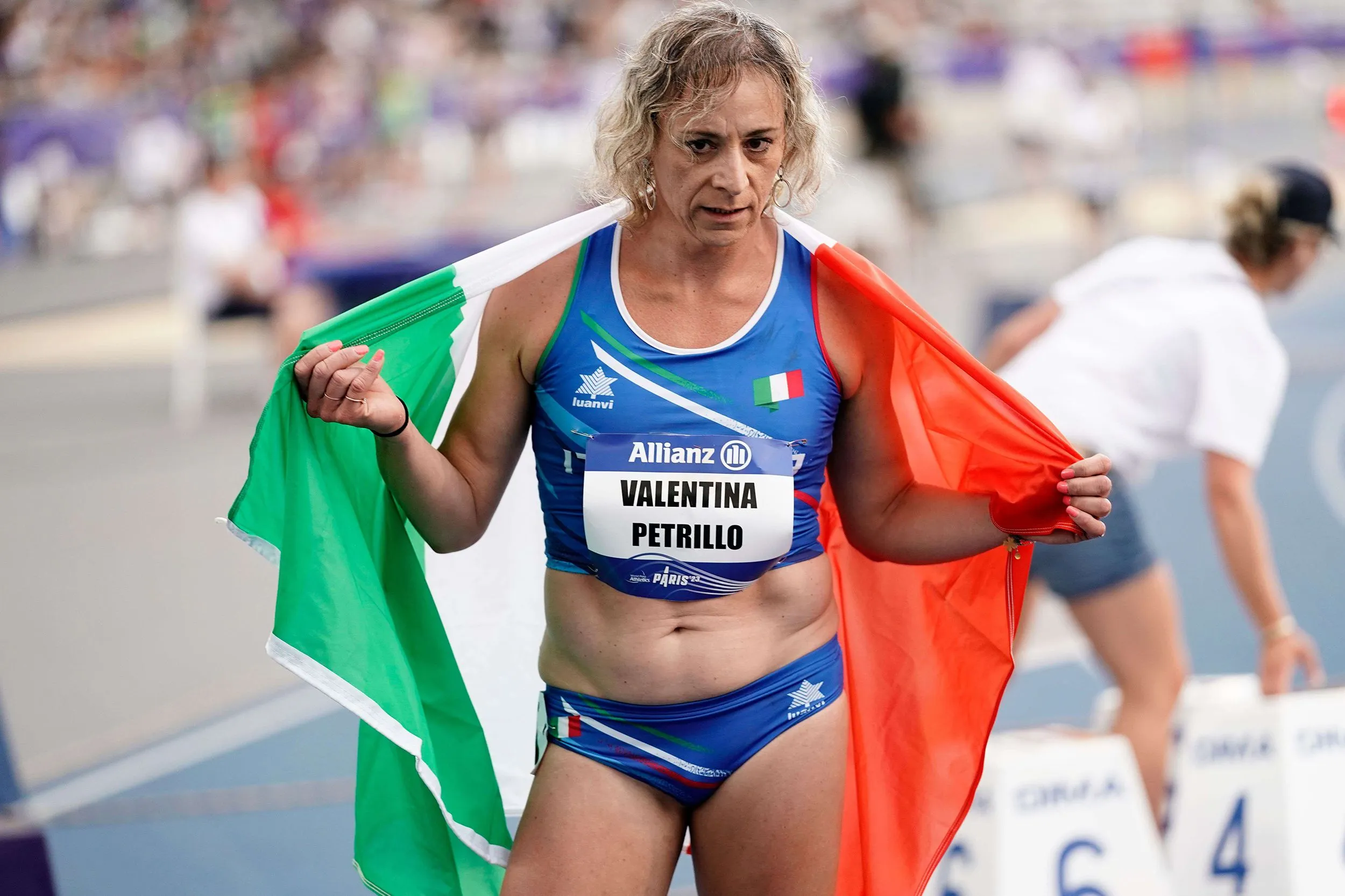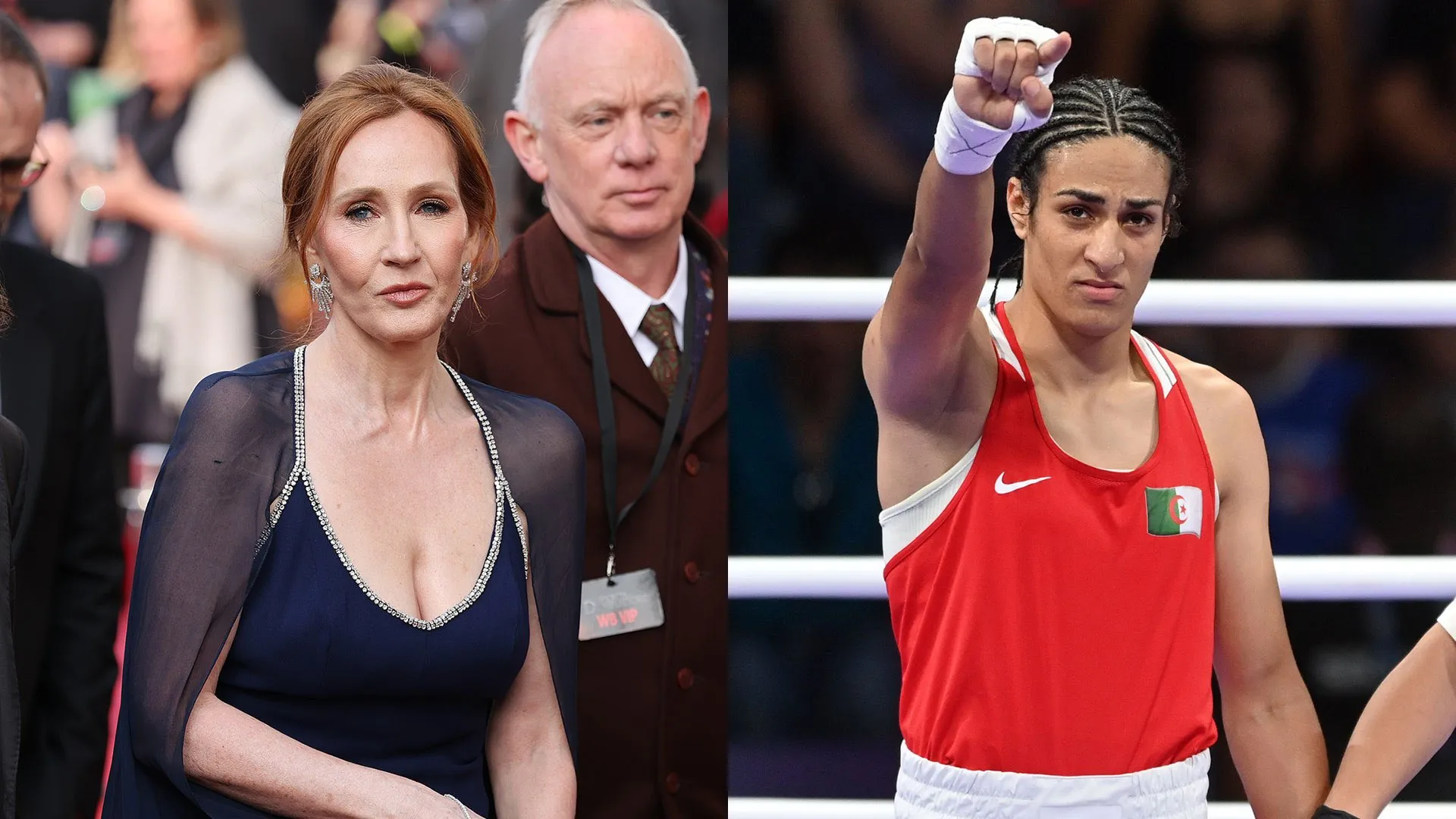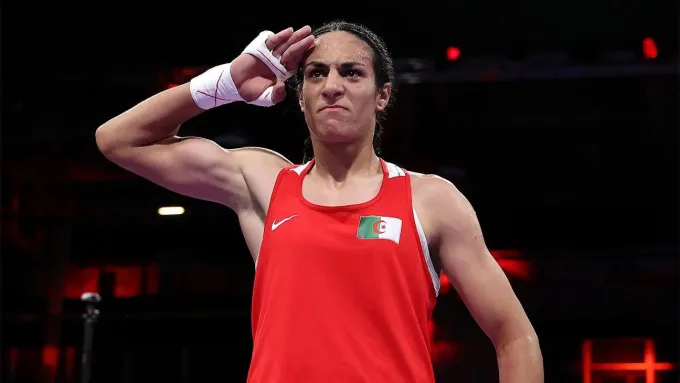In August 2024, acclaimed author J.K. Rowling voiced strong criticism regarding the inclusion of certain athletes in women’s events at the Paris Olympics, raising concerns over what she described as an “unfair playing field” in women’s sports. Specifically, her comments were sparked by the participation of Algerian boxer Imane Khelif, whose entry into the women’s division raised questions about competitive fairness due to biological characteristics. Rowling argued that allowing athletes with male genetic traits to compete alongside cisgender women disrupts the integrity of women’s sports, potentially impacting the opportunities for female athletes to compete on equal footing.

Khelif, a recognized figure in women’s boxing who identifies as female, has competed in her division for years. However, her match at the Olympics garnered unusual attention when her opponent, Italian boxer Angela Carini, withdrew from their fight, citing safety concerns.

This move drew mixed reactions from the public and reignited a longstanding debate over gender eligibility criteria in sports. Proponents of strict regulations argue that biological differences, such as muscle density and endurance, can give some athletes an advantage. Those in favor of inclusivity emphasize that gender identity and physical capabilities are nuanced, deserving an approach that respects both inclusivity and fairness.

Rowling’s critique follows a series of controversial statements from the author on issues surrounding gender identity and women’s rights. Her latest remarks have intensified ongoing discussions about how to balance fairness and inclusivity in competitive sports, as more athletes with varied gender identities participate in high-stakes competitions. Advocates for gender-specific rules in sports, including Rowling, argue that maintaining clear divisions in women’s competitions is essential to protecting women’s rights within sports and ensuring fair competition.
Meanwhile, the International Olympic Committee (IOC) responded to the incident with Khelif by reaffirming that all athletes in the competition met the current eligibility standards. They emphasized their ongoing commitment to inclusivity and fairness, noting the complexities involved in setting universal guidelines for gendered divisions.
The IOC has long acknowledged the evolving nature of gender identity in sports, stating that their policies strive to balance fairness with respect for athletes’ identities. They are actively seeking solutions that address physical advantages while promoting inclusivity, although finding a universally accepted approach remains challenging.

Rowling’s comments have received varied responses from fans and the broader public, with some supporting her stance on maintaining competitive equity for cisgender women and others arguing that her views overlook the complexities of gender identity and inclusivity. This debate underscores a fundamental challenge for sporting organizations worldwide as they attempt to modernize regulations in a way that respects both the principles of competition and the rights of all athletes. With rising tensions around these issues, the IOC and other governing bodies will likely continue facing pressure from all sides to address and refine policies that align with both ethical and competitive standards in sports.